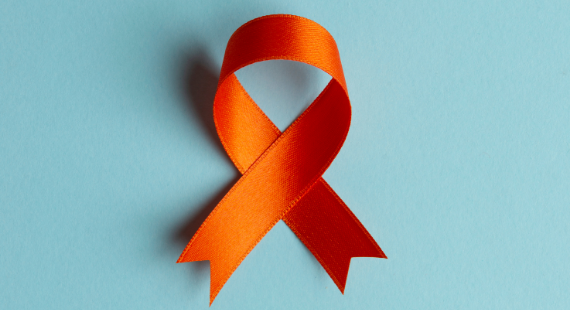
Every year, Self-Injury Awareness Day falls on 1 March. With it comes an opportunity to raise awareness about self-injury or self-harm, to reduce stigma, and to point people towards help and support.
Self-harm can be a difficult and sensitive topic to talk about and understand. While it may be linked with mental health difficulties, such as depression or eating disorders, self-harm is not a mental health condition or diagnosis in its own right. It can take diverse forms, and people may engage in various self-injuring behaviours for different reasons and at different times.
Informing ourselves about self-harm is important so that we can recognise self-harming behaviours and better support those experiencing them. To help with this and to mark Self-Injury Awareness Day, we’ve compiled a range of information, reports and presentations on self-harm below.
Responding meaningfully to self-harm
Look back at past conferences
Dave Rudden, and mental health in the Traveller community
In 2020, SHAC focused on responding to high-risk groups such as adolescents and members of the Traveller community. Topics included:
- the therapeutic use of metaphor when treating young people who self-harm
- the assessment and management of patients presenting to emergency departments following self-harm
- actions needed to improve mental health within the Traveller community.
The individual lived experience of self-harm and the journey of recovery was also discussed when award-winning author and screenwriter Dave Rudden joined us a guest speaker.
Look back on the 2020 conference presentations here.
Self-harm in young people and the LGBTQI+ community
Risk factors and interventions around self-harm and suicide in young people and self-harm in the LGBTI+ community were explored in our 2019 conference, with speakers from the National Suicide Research Foundation and BelongTo. A practical guide for parents, carers and educators of young people who self-harm was also shared.
See podcasts and presentations from the 2019 conference here.
Blindboy, and reducing self-harm in the autism community
In 2017, SHAC provided a mix of practical workshops and presentations for teachers, school staff, community workers, parents and students. Speakers included Blindboy Boatclub of the Rubberbandits and Blindboy Podcast; Dr Niall Muldoon of the Ombudsman for Children; Adam Harris of AsIAm; and more.
Getting support
If you would like support for self-harm or if you are concerned about someone you know, help is available through the helplines and support services below. If you need urgent help, please find a list of crisis supports here.
-
Your Mental Health
Freephone the Your Mental Health Infoline from the Health Service Executive (HSE) to find supports and services near you: this is available at any time on 1800 111 888.
You can also use the free, 24/7 Text 50808 text service, which offers chats and support to people going through emotional or mental health crises: text "HELLO" to the number 50800 at any time to get in touch.
-
Pieta
If you or a family member are self-harming or having suicidal thoughts, you can contact Pieta’s 24-hour helpline on 1890 130 022 or 1800 247 247.
-
Samaritans
Call 116 123, 24 hours a day to contact the Samaritans’ helpline, which aims to provide emotional support at any time you may need it.
Continue to…
Eating Disorders in a Global Pandemic

